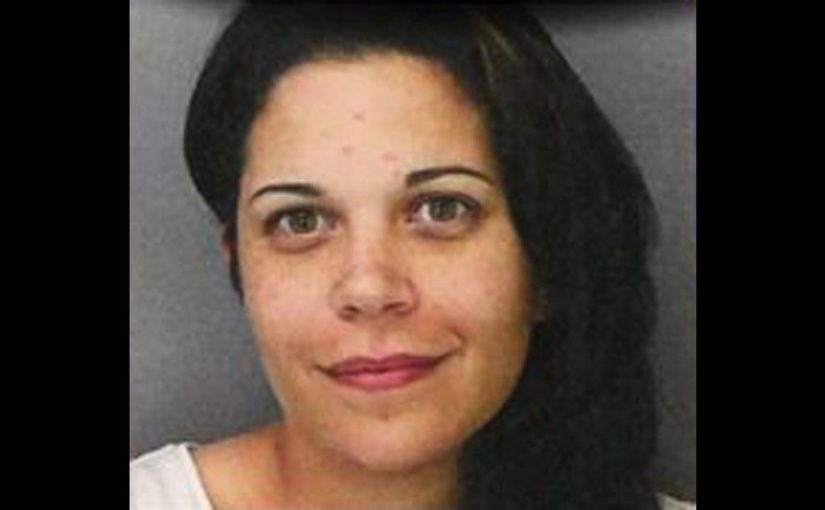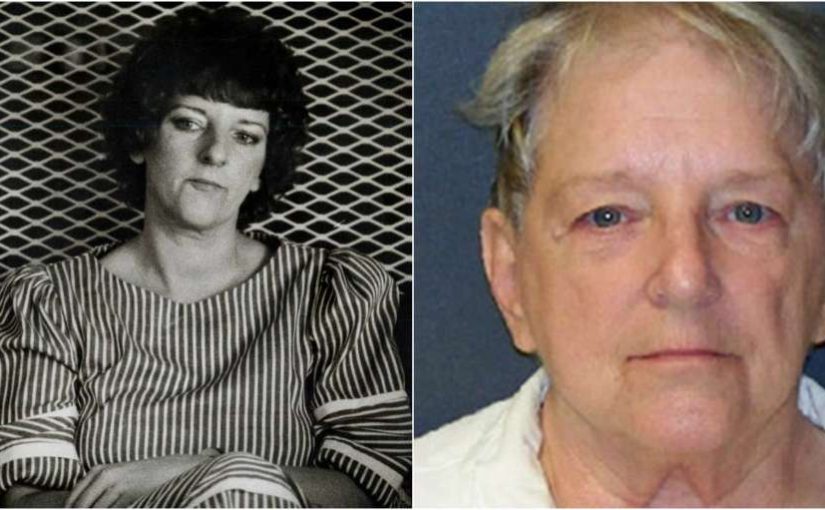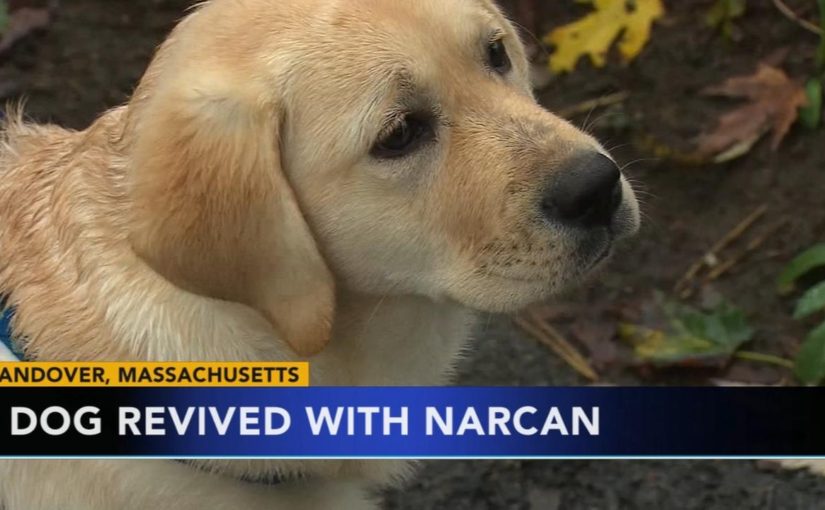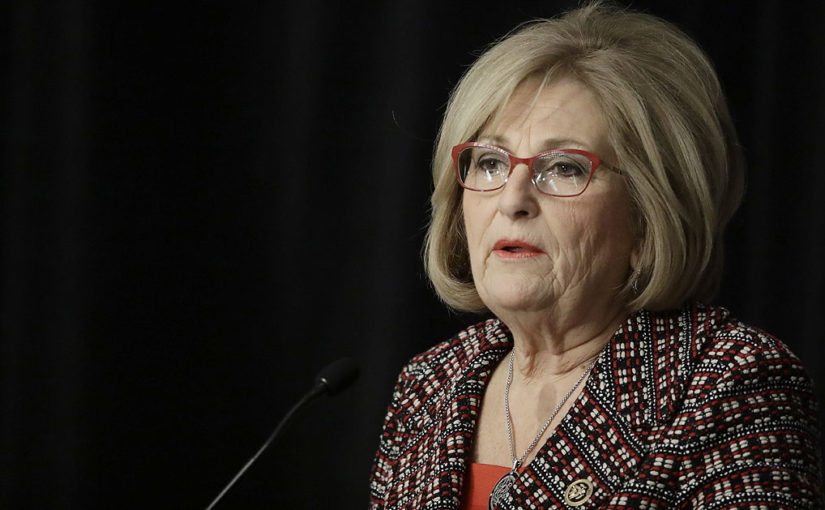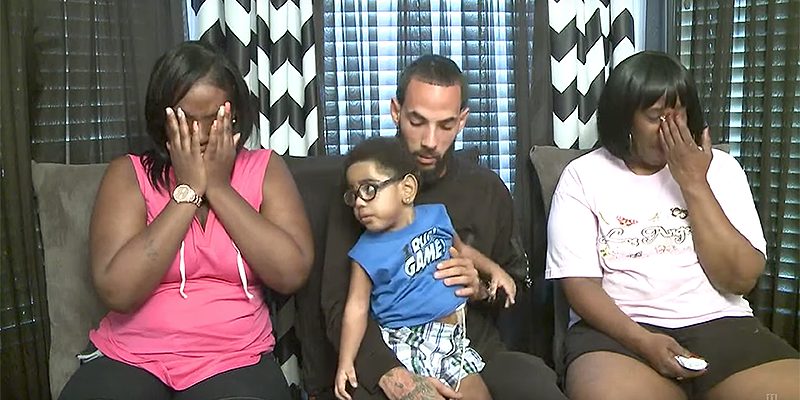FRANKFURT – Niels Hoegel the German nurse serving a prison sentence for murdering two patients is suspected of killing a total of 102 people, more than previously known, police and public prosecutors said on Thursday.
That would make him Germany’s deadliest serial killer if he was found guilty.
The man, identified only as Niels H. under reporting rules, has admitted to deliberately injecting patients at two clinics in northern Germany with deadly drugs and then trying to revive them in order to play the hero.
He has confessed to some killings, but police said in August that he could not remember all the details of his actions, prompting them to exhume the remains of 134 people with links to Niels H. to identify further victims.
The investigation has now turned up evidence leading authorities to suspect Niels H. killed 38 people at a clinic in the northern German city of Oldenburg and 62 at one in nearby Delmenhorst, Oldenburg police and the city’s public prosecutor’s office said in a statement on Thursday.
That is in addition to two counts of murder for which an Oldenburg court sentenced him in 2015.
Police said in August he was suspected of killing 84 other people in addition to those two and that the toll may rise as toxicology reports were examined.
It could rise further still, the statement said on Thursday, as police were seeking for the remains of some people to be exhumed in Turkey.
It said the prosecutor’s office was likely to bring charges against Niels H. early next year.
Ten years ago, a German nurse was convicted of killing 28 elderly patients. He said he gave them lethal injections because he felt sorry for them. He was sentenced to life in prison.
In Britain, Dr Harold Shipman was believed to have killed as many as 250 people, most of them elderly and middle-aged women who were his patients. Known as “Dr Death”, Shipman was sentenced to 15 life terms in 2000; he died in prison in 2004, apparently a suicide.

